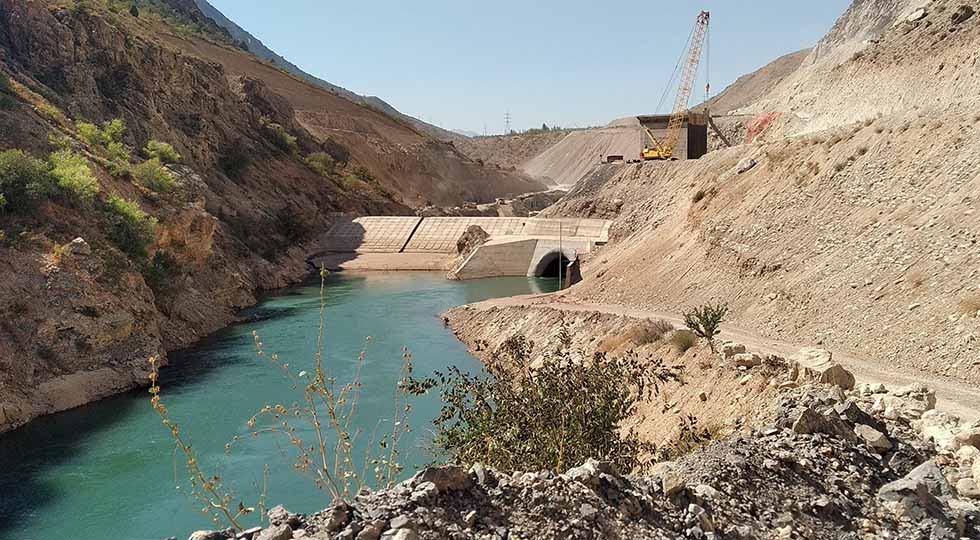No. 67 (591) August 2025
Uzbekistan adopts a new Water Code: Paving the way toward a sustainable future
The Republic of Uzbekistan has adopted a new Water Code, marking a significant milestone in the country's water governance. For the first time in recent history, a legal framework consolidates key regulations governing water relations into a single, unified legislative act. The new Water Code lays the groundwork for sustainable, equitable, and efficient water management in the face of climate change and increasing demand. Its overarching goals include ensuring reliable water supply for the population and the economy, protecting ecosystems, promoting climate resilience, encouraging market-based mechanisms, and enhancing international cooperation.
Key innovations:
Modern water governance: The Code is based on principles of integrated water resource management, combined management of surface water, groundwater, and return flows. It simplifies the permitting system – eliminating the requirement for permits to abstract water from artificial water bodies and introduces detailed procedures for state water accounting and reporting. A unified “Digital Water Management” platform will be developed. Additionally, Water councils will be established at both national and basin (territorial) levels, involving public agencies, NGOs, academic institutions and water users.
Water use and the economy: The Code introduces the concept of long-term water abstraction quotas and annual water withdrawal limits. It also enables the transfer of unused (saved) water allocations. The adoption of water-saving technologies is encouraged, and the Code provides a framework for private sector engagement and the development of public-private partnerships in the water sector.
Water protection: The new legislation emphasizes an ecosystem-based approach to water management, prioritizing water protection over consumption. It reinforces safeguards for small rivers and water bodies, strengthens responsibilities for the protection of groundwater, and enhances measures in ecologically vulnerable and disaster-prone areas.
Climate: For the first time, Uzbekistan's water legislation explicitly addresses climate change. Basin-level water management plans shall include risk assessment related to potential climate impacts and propose measures to enhance resilience against droughts, floods, and other climate-related events. A dedicated provision on drought and water scarcity has been added.
International cooperation: The Water Code reaffirms Uzbekistan's commitment to the principles of international water law and the development of mutually beneficial transboundary water cooperation i. It establishes a legal mechanism for water sharing, the prevention of cross-border impacts, and the peaceful resolution of disputes – balancing national interests with international obligations.
Adoption of the Water Code represents a critical step toward achieving Uzbekistan’s national development goals, including the transition to a green economy and improved water use efficiency. It provides a legal foundation for reforms in the water sector.
The draft Water Code was developed by an interdepartmental working group led by the Ministry of Water Management of the Republic of Uzbekistan, with the support from the Swiss Agency for Development and Cooperation (SDC). Expert guidance was also provided by SIC ICWC, ensuring alignment with best international practices and the region’s unique water management circumstances.
